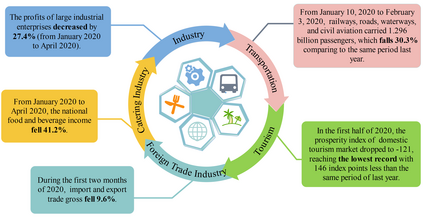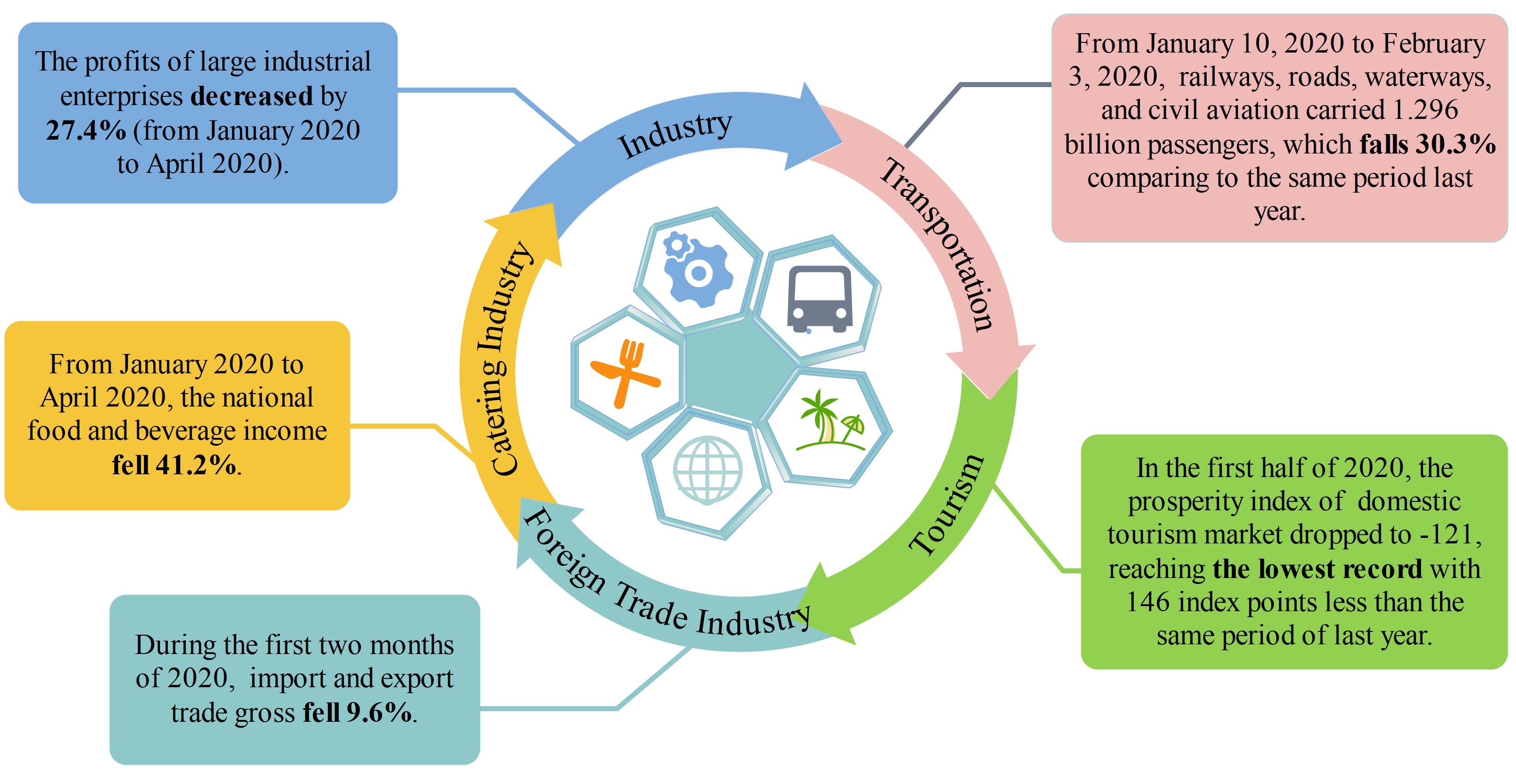COVID-19 has spread all over the world, having an enormous effect on our daily life and work. In response to the epidemic, a lot of important decisions need to be taken to save communities and economies worldwide. Data clearly plays a vital role in effective decision making. Data-driven decision making uses data related evidence and insights to guide the decision making process and to verify the plan of action before it is committed. To better handle the epidemic, governments and policy making institutes have investigated abundant data originating from COVID-19. These data include those related to medicine, knowledge, media, etc. Based on these data, many prevention and control policies are made. In this survey paper, we summarize the progress of data-driven decision making in the response to COVID-19, including COVID-19 prevention and control, psychological counselling, financial aid, work resumption, and school re-opening. We also propose some current challenges and open issues in data-driven decision making, including data collection and quality, complex data analysis, and fairness in decision making. This survey paper sheds light on current policy making driven by data, which also provides a feasible direction for further scientific research.
翻译:COVID-19已经遍及世界各地,对我们的日常生活和工作产生了巨大影响。针对这一流行病,需要做出许多重要决定,以拯救世界各地的社区和经济。数据显然在有效决策中发挥着至关重要的作用。数据驱动决策使用数据相关证据和洞察力来指导决策过程,并在实施前核实行动计划。为了更好地处理这一流行病,各国政府和决策机构已经调查了来自COVID-19的大量数据。这些数据包括与医学、知识、媒体等有关的数据。根据这些数据,我们制定了许多预防和控制政策。在本调查文件中,我们总结了在应对COVID-19(COVID-19)时以数据驱动决策的进展情况,包括预防和控制COVID-19(COVID-19)、心理咨询、财政援助、恢复工作和学校重新开放。我们还提出了在以数据驱动决策方面目前存在的一些挑战和公开问题,包括数据收集和质量、复杂数据分析以及决策的公平性。这份调查文件根据这些数据,阐明了由数据驱动的现行政策,为进一步科学研究提供了可行的方向。















